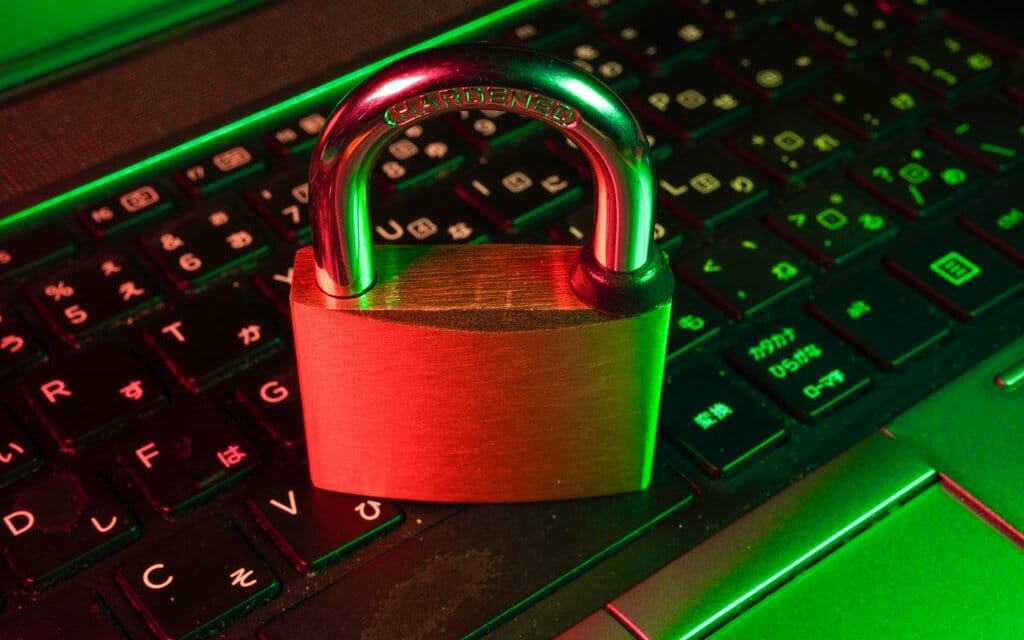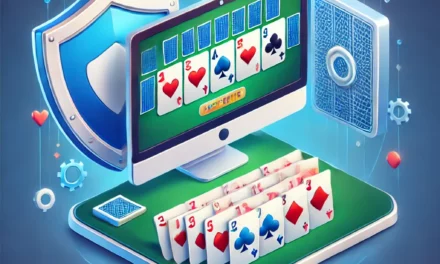
What Kind of Security Do Poker Sites Use?

With millions of people playing poker from the comfort of their own homes, there has also been an increase in security concerns. Many players worry about the safety of their personal and financial information, as well as the fairness of the games. In this article, we’ll look closer at the security measures poker sites use to keep their players safe.
Encryption
One of the most important security measures used by poker sites is encryption. Encryption is converting information into a code that authorized parties can only read. When you send information over the internet, it can potentially be intercepted by hackers who can then steal your personal and financial information. Encryption makes it much harder for hackers to access this information.
Poker sites use various types of encryption, but the most common is SSL (Secure Socket Layer) encryption. Many websites, such as online banking sites, use SSL encryption, which requires secure data transmission. When you connect to a poker site using SSL encryption, your browser will display a padlock icon in the address bar. This indicates that your connection is secure and that any data you send to the site is protected.
Firewalls
Another important security measure used by poker sites is firewalled. A firewall is a software or hardware device that is a barrier between a network and the internet. It can prevent unauthorized access to a network and protect against malicious attacks.
Poker sites use firewalls to protect their servers from attacks by hackers. Firewalls can be configured to block certain types of traffic, such as traffic from known malicious IP addresses. They can also be configured to block traffic that doesn’t match the protocols used by the poker site.
Anti-Cheating Measures
One of the biggest concerns of playing poker online for players is cheating. Players worry their opponents might use software to cheat or rig the site. To address these concerns, poker sites use various anti-cheating measures.
One common anti-cheating measure is using random number generators (RNGs). An RNG is a software algorithm that generates random numbers. For example, in online poker, RNGs shuffle the cards and ensure a fair game. Independent third-party organizations regularly audit the use of RNGs to ensure that they are working as intended.
Poker sites also use various tools to detect and prevent cooperation between players. Collusion is when two or more players work together to gain an unfair advantage over their opponents. Poker sites use algorithms that analyze player behavior to identify patterns that might indicate collusion. If collusion is suspected, the site can investigate and take appropriate action.
Account Verification
Poker sites also use account verification to ensure that players are who they say they are. Account verification typically involves submitting government-issued identification and proof of address. This helps to prevent identity theft and fraud.
In addition to verifying player identities, poker sites also use account verification to prevent multiple accounts. Multiple accounts can be used to cheat or circumvent site rules. By verifying player identities, poker sites can ensure that each player has only one account.
Secure Payment Processing
Finally, poker sites use secure payment processing to protect players’ financial information. Payment processing involves transferring money from a player’s account to the site and from the site to the player’s account. This process must be secure to prevent fraud and theft.
Poker sites use various payment processing methods, including credit cards, e-wallets, and bank transfers. Each of these methods has its security measures. For example, credit card transactions are protected by SSL encryption and are subject to fraud monitoring by the credit card company. E-wallets use their own encryption and two-factor authentication to protect user accounts. Finally, bank transfers are typically protected by bank-level security, requiring the player to authenticate their identity.
Conclusion
As you can see, online poker sites use various security measures to keep their players safe. Encryption, firewalls, anti-cheating measures, account verification, and secure payment processing all play a role in ensuring that players can enjoy their favorite game without worrying about their personal and financial information being compromised.
If you’re considering playing online poker, choosing a reputable site that takes security seriously is important. Look for sites that use SSL encryption, have a strong firewall, use RNGs, and require account verification. Also, use strong passwords and never share your account information with anyone.
By following these guidelines and playing on a secure site, you can enjoy the excitement of online poker while protecting yourself from potential security threats.

























